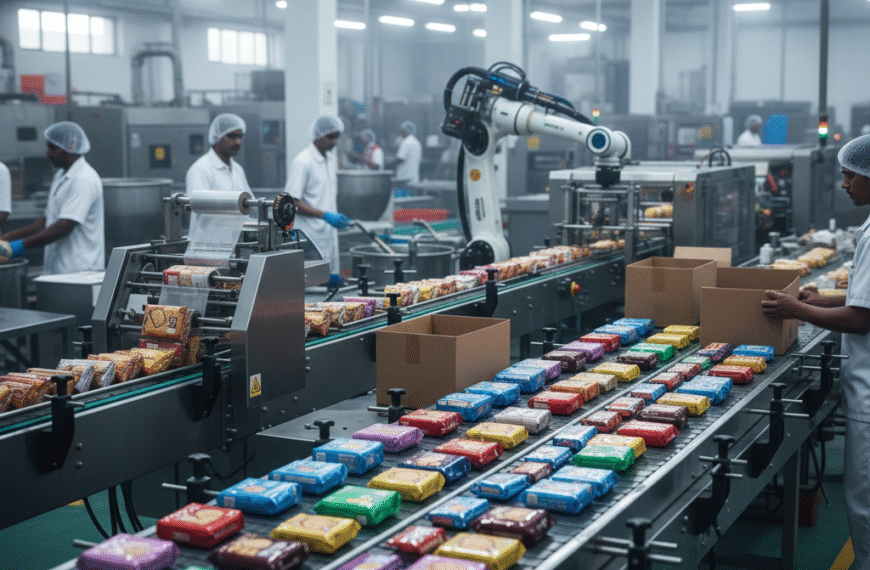In the shadowy corners of Thailand’s industrial zones, a troubling reality unfolds daily. Government inspector Thitipas Choddaechachainun and her team sift through piles of illegally imported electronic waste – the hidden aftermath of our tech-driven lives. These unauthorized processing plants, often operating under the radar in rural areas, have become Thailand’s unwanted inheritance since China closed its doors to foreign e-waste in 2018.
The numbers paint a grim picture. Thailand now receives 60,000 tonnes of electronic waste annually, a staggering twentyfold increase from pre-2018 levels. Most originates from Western nations where rapid tech upgrades and high appliance turnover create mountains of discarded devices. Clever labeling tricks – marking shipments as “second-hand goods” rather than waste – allow this toxic trade to bypass international regulations.
The environmental and human costs are profound. Illegal smelting operations extract valuable metals like copper and gold, but at the price of releasing mercury, lead, and toxic fumes into Thailand’s air and waterways. Farmers like Seng Wongsena bear the consequences firsthand, with poisoned crops and sleepless nights from noxious odors. “The plants don’t flower like they used to,” he laments, his livelihood withering alongside the contaminated land.
This crisis reflects a broader global failure. The UN reports worldwide e-waste has doubled in 15 years to over 60 million tonnes annually, with projections showing another 30% increase by 2030. Yet less than a quarter gets recycled properly. Some nations now hold tech giants accountable for product lifecycles, an approach Thailand plans to adopt through upcoming legislation.






















